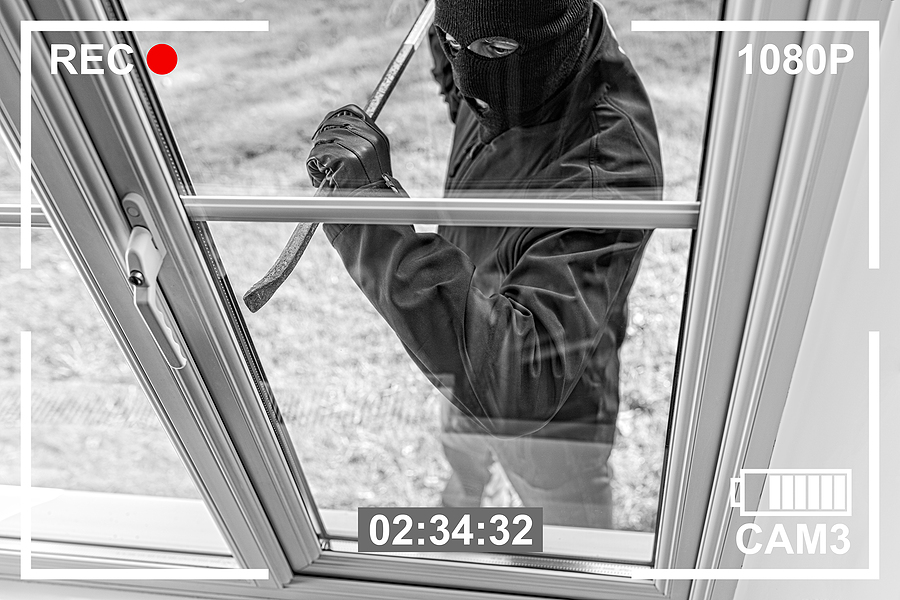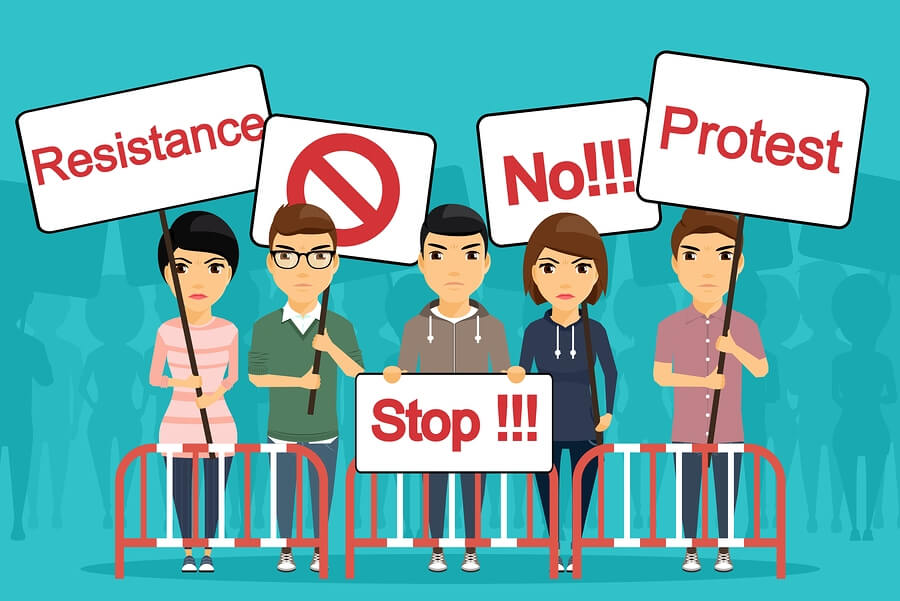You might be thinking that embezzlement and theft are one and the same, but they aren’t. While theft is stealing something that doesn’t belong to you, embezzlement is also more of a planned type of theft, and has the added element of violated trust.
What Is Embezzlement?
In an employment or other position of financial responsibility, you may be entrusted with money or property, and have permission to handle them in the course of your job or other position. Misusing your position of trust to steal or misappropriate money or property and convert it to your own elevates theft and embezzlement.
The crime occurs in a number of familiar settings, with the most common scenario a worker stealing money, inventory, or office supplies from their employer. While you may not be arrested for the odd ballpoint you forgot that put in your pocket and take home, embezzlement can also take the form of:

- Altering employee time records
- Adding extra to a company expense account
- Depositing customer or vendor checks into a personal account, or moving money into one
- Altering company books to conceal stolen, misappropriated, or loss amounts
- “Borrowing” money from a company cash register
- Over-charging for a product and keeping the difference
- Adding a phony employee to the company payroll
- Accepting kickbacks and bribes
Additionally, money or property that is entrusted to you and is mishandled is considered embezzlement, including:
- Improperly using someone else’s Social Security money, i.e., relative or child
- Creating a credit card or check “kiting” scheme (writing bad checks and “floating” them)
- Using a Ponzi scheme to steal funds
- Using a client’s settlement amount to pay for operating expenses
- “Borrowing” funds from a civic organization, nonprofit or other organization
- Selling a property and keeping the proceeds without notifying heirs
Although embezzlement is usually handled at the state level, should a government employee is involved, or government funds, the federal government will be involved.
Overtime As Embezzlement
Many people are dedicated to their job, and work longer hours. For some, it may be a requirement. But for others, working overtime may constitute embezzlement under certain circumstances.
Of course, if you’re working the overtime to bring in extra money, and not setting off any alarms, there isn’t much cause for concern. However, other indicators in addition to overtime may raise suspicions of possible embezzlement. This would include issues with company financial accounts, including accounts that are missing or disorganized records that make account audits difficult if not impossible.
For an individual who spends a lot of time at the office, including weekends and holidays, and uses company resources may be doing so for their own benefit (i.e., running a business or other money-making plan.) If the individual charges the company for “overtime,” the individual is defrauding the company out of money and work he or she allegedly completed.
Another method is when an individual claims to work overtime, but doesn’t appear anywhere on security footage at the time he or she claims to have worked.
This is not to say that everyone working overtime is suspect. If a company suspects fraud through overtime, it will look for other signs of possible misconduct that indicate embezzlement.
Penalties For Embezzlement in North Carolina
These depend on who committed the embezzlement and how much the individual embezzled.
- Officers or agents, clerks, or employees at a corporation who embezzle over $100,000 are charged with a Class C felony, with a possible jail sentence of 58-73 months in prison. Anything under $100,000 is considered a Class H felony with a possible jail sentence of 5 to 6 months in prison and “community punishment.”
- Treasurers of any charitable organizations who embezzle over $100,000 are charged with a Class C felony, with a possible sentence of 58-73 months in prison. Anything under $100,000 is considered a Class H felony with a possible jail sentence of 5 to 6 months in prison and “community punishment.”
- Railroad officers embezzling over $100,000 are charged with a Class C felony, with a possible sentence of 58-73 months in prison. Anything under $100,000 is considered a Class F felony with a possible jail sentence of 13 to 16 months in prison.
- Public officials and public employees, including state and government workers embezzling over $100,000 are charged with a Class C felony, with a possible sentence of 58-73 months in prison. Anything under $100,000 is considered a Class F felony with a possible jail sentence of 13 to 16 months in prison.
In addition to criminal court charges, the company or individual from whom the money or property was embezzled can also sue you in civil court. The individual or company can treat you like a debtor once they get a judgment. They can garnish your wages, put a lien on your house (or force you to sell it) and levy your bank accounts.
Dewey P. Brinkley Is Ready To Defend You
Embezzlement is a serious crime with far-reaching consequences. If you’ve been accused of or charged with embezzlement, you need someone to defend you against the charges and in court—quickly.
Dewey P. Brinkley is an experienced criminal defense attorney in Raleigh, NC who understands the criminal justice system, and how to defend you against embezzlement charges.
Call Dewey P. Brinkley today for a free initial consultation to discuss your case at (919) 832-0307. You can also email us at dewey@deweypbrinkleylaw.com, or use our online contact form.


 With the intent to kill, in which serious injury is inflicted, a Class C felony
With the intent to kill, in which serious injury is inflicted, a Class C felony
 In North Carolina, simple affray means that you have committed three things:
In North Carolina, simple affray means that you have committed three things: An assault in North Carolina is classified as giving another party (the “aggrieved” party) the fear of bodily harm, including the possibility of death. Acting in a potentially threatening manner or communicating threats of harm without touching another person is classified as “assault.”
An assault in North Carolina is classified as giving another party (the “aggrieved” party) the fear of bodily harm, including the possibility of death. Acting in a potentially threatening manner or communicating threats of harm without touching another person is classified as “assault.”
